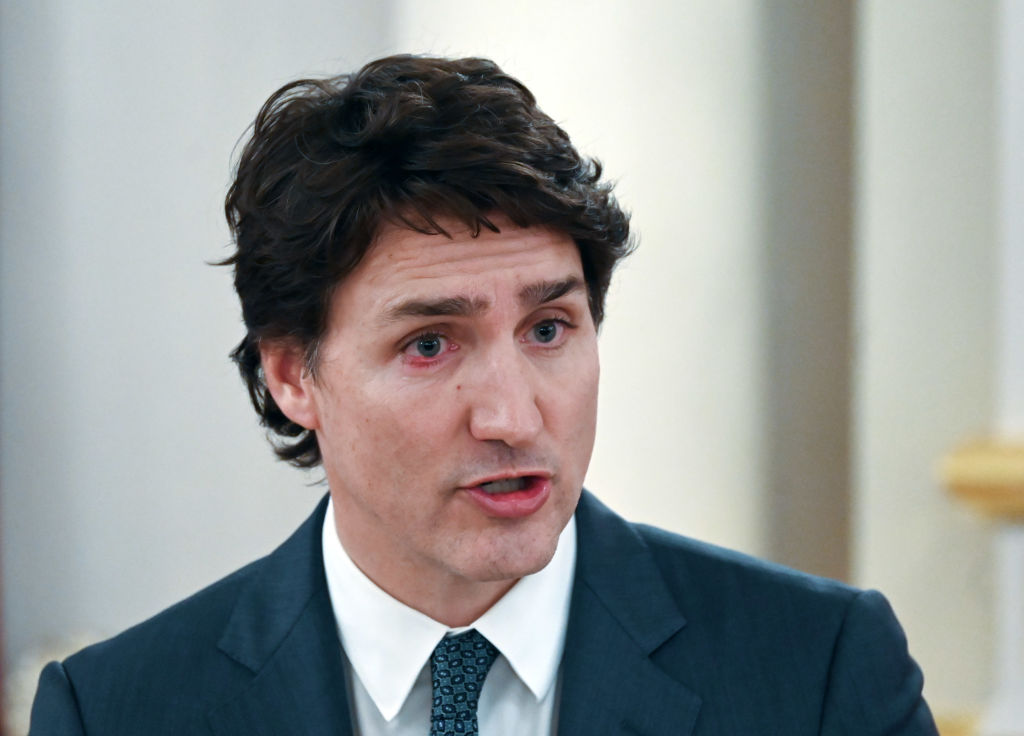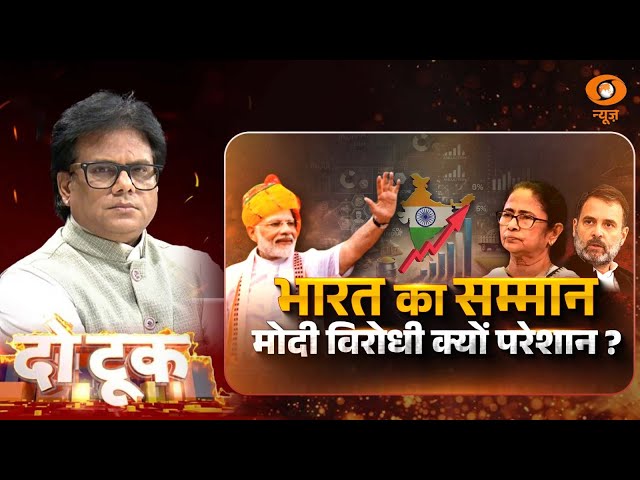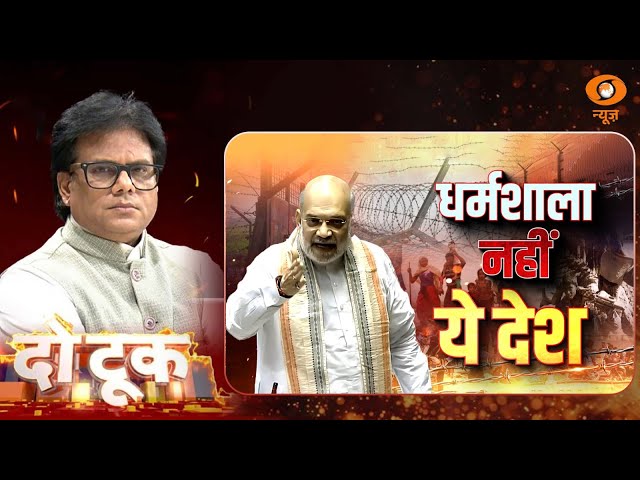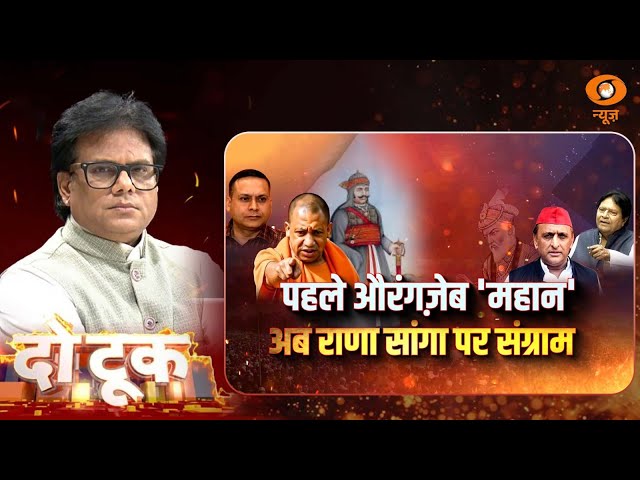An early Canadian election is more likely now that Prime Minister Justin Trudeau has lost the support of the opposition New Democratic Party that was helping keep him in power, the party’s leader said on Thursday.
Jagmeet Singh spoke after pulling his unconditional support for the minority center-left Liberal government on Wednesday, forcing Trudeau to seek new alliances to stay in office until a federal vote that must be held by end-October 2025.
Polls show the Liberals would lose badly to the official opposition right-of-center Conservatives amid increasing voter fatigue with Trudeau, who first took power in November 2015, and unhappiness over high prices and a housing shortage.
Trudeau suffered a fresh blow on Thursday when close aide Jeremy Broadhurst, who was set to run the Liberals’ election campaign, announced he was quitting.
In a statement posted on X, Broadhurst cited the desire to spend more time with his family. But the Toronto Star cited Liberal sources saying Broadhurst did not think Trudeau could win.
Singh said the NDP ended the 2022 deal to automatically back Trudeau after achieving much of what it wanted in terms of increased social spending from the government.
“I’ve ripped up the agreement with Justin Trudeau, and I know that means that an election is now more likely as a result. We are ready to fight an election whenever it happens,” he told reporters in Toronto.
But he also said his left-of-center party – which has traditionally enjoyed union support – was unhappy that the Liberals had last month forced railway employees back to work, a move he called “a horrible decision”.
Trudeau’s government is safe for the time being, since it can only be defeated if the opposition parties unite and back a no-confidence vote.
Singh side-stepped questions on whether he would vote to topple Trudeau, saying his party would decide this on an issue-by-issue basis. The NDP is the fourth-largest party in the House of Commons elected lower chamber.
The Conservatives, who say there is no difference between the NDP and the Liberals, are likely to try to force as many confidence votes as possible to put pressure on Singh and keep the Liberals on the back foot instead of governing.
Singh’s party faces a dilemma in the coming months. If Singh backed Trudeau or abstained on a confidence vote, it would allow the Conservatives to continue portraying him as weak. If he voted to bring Trudeau down, it would trigger an election at a time when polls show weak support for the NDP.
The scale of the challenge facing Trudeau became clear in late June, when the Liberals lost one of their safest seats to the Conservatives in a special election.
An Ekos poll released on Aug. 21 put the Conservatives on 38.2% public support, enough to win a majority given vote-splitting among the left-of-center parties. The Liberals trailed well behind on 23.7% with the NDP on 18.2%.
Shachi Kurl, president of the Angus Reid polling firm, said voters were not giving any credit to the NDP for the extra spending on social programs. The party, she added, was instead suffering from its close association with Trudeau.
“Unless you start to see somehow the NDP surging, is it really in the party’s interests, or in Jagmeet Singh’s interests, to trigger an election?” she said.
A senior Liberal party official, speaking on condition of anonymity, said the party was not planning to engineer an early election and would aim to stay in power until October 2025.
Trudeau on Wednesday also dismissed talk of going to the polls early.
(Reuters)




















